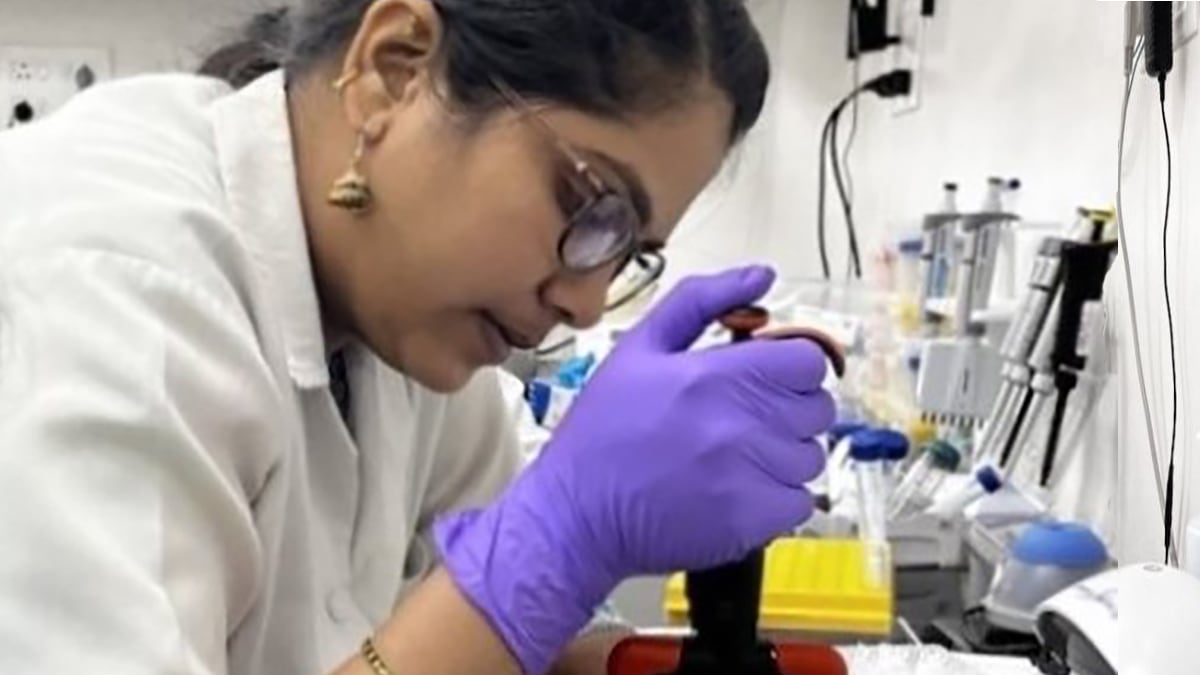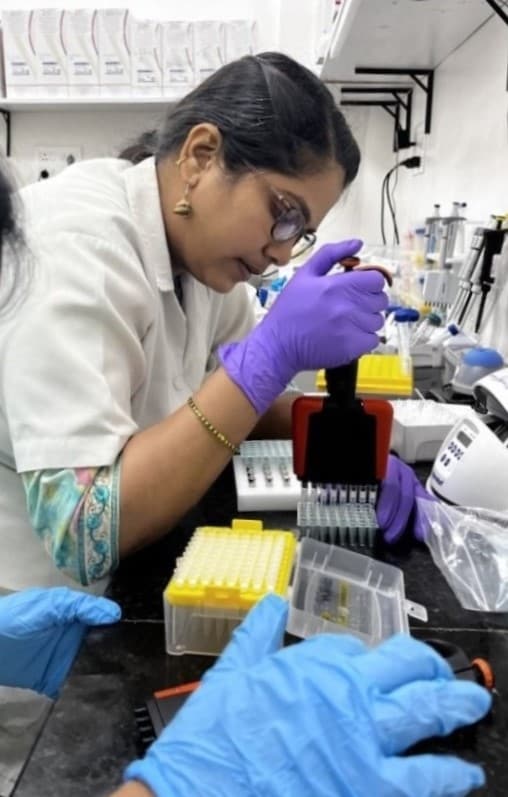Key points
- Partners in CDC's Global Action in Healthcare Network (GAIHN) are collaborating in India to enhance detection of and response to antimicrobial-resistant bacteria using whole genome sequencing (WGS).
- WGS helps the GAIHN hospitals in India identify new or unusual antimicrobial resistance (AR) mechanisms and better understand known mechanisms.
- This information informs the hospital's infection prevention and control (IPC) efforts and strengthens global knowledge of AR threats to help make healthcare safer around the world.

Overview
CDC's Global Action in Healthcare Network (GAIHN), a part of CDC's Global Antimicrobial Resistance Laboratory and Response Network, focuses on detecting and slowing the spread of carbapenemase-producing carbapenem-resistant Enterobacterales (CP-CRE), which are an urgent threat in the United States1 and globally2.
Through GAIHN, CDC collaborates with Johns Hopkins University (JHU) and three hospitals in Pune and Mumbai, India, to use whole-genome sequencing (WGS) to combat antimicrobial resistance (AR) threats.
WGS: A powerful tool to fight AR
Detecting CP-CRE and understanding their resistance mechanisms is critical to limit their spread. Understanding resistance mechanisms is especially important in countries like India, where carbapenemases are much more common than in the United States.
WGS is a powerful laboratory tool that identifies new or unusual resistance mechanisms and helps us better understand known mechanisms. However, it requires specialized equipment and training, which often makes it challenging for hospitals to implement.
GAIHN hospitals use WGS to improve CP-CRE response
In the spring and summer of 2024, JHU scientists conducted two onsite trainings to build and expand laboratory capacity and standardize WGS for CP-CRE across hospitals: one on WGS laboratory protocols and the other on interpreting data to determine resistance mechanisms using the CDC PHoeNIx pipeline.

Impact
Now that they are trained, the hospitals perform WGS monthly. Their results will:
- Guide the facilities' IPC efforts to slow the spread of CP-CRE among patients.
- Support development and prioritization of improved treatments for these challenging infections.
- Enhance global efforts to identify emerging and unusual resistance mechanisms to strengthen global response preparations.
These efforts equip the GAIHN hospitals in India to better protect patients and healthcare workers in their facilities while contributing to national and global understanding of AR.
Learn more about what CDC and partners are doing globally to help detect and combat AR in healthcare settings.
- CDC. Antibiotic Resistance Threats in the United States, 2019. Atlanta, GA: U.S. Department of Health and Human Services, CDC; 2019
- WHO Bacterial Priority Pathogens List, 2024: bacterial pathogens of public health importance to guide research, development and strategies to prevent and control antimicrobial resistance. Geneva: World Health Organization; 2024. License: CC BY-NC-SA 3.0 IGO.
